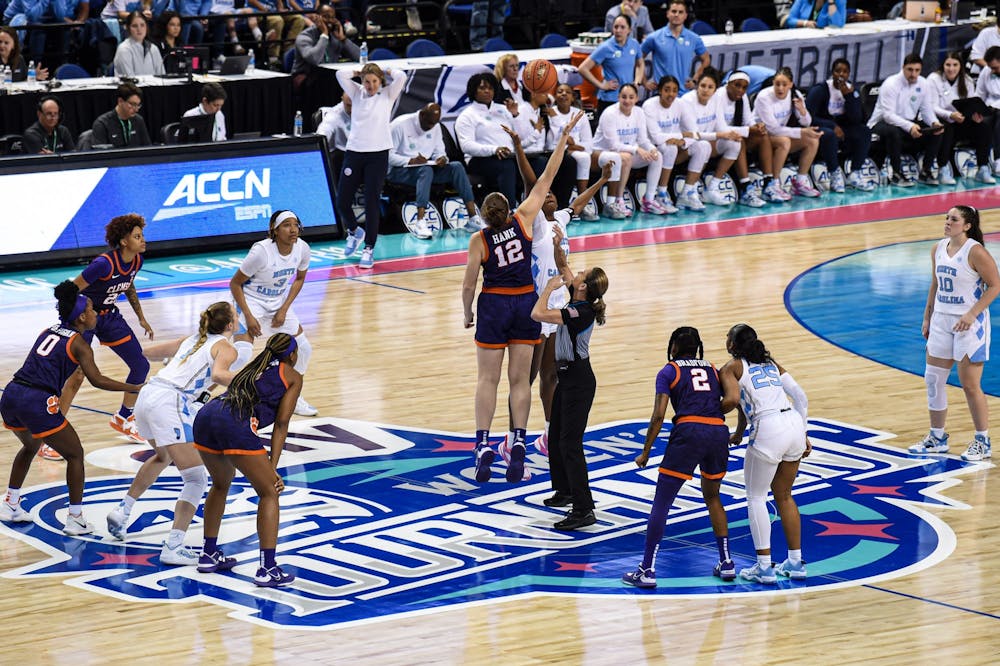Editor's note: This is a part of the realignment series. Read part one and part two here.
Realignment in the ACC isn’t coming anytime soon. But that isn’t stopping schools from starting preliminary discussions on what their next move should be.
According to reporting from CBS Sports' Dennis Dodd, Florida State presented the discrepancies of television contracts between the ACC and other large conferences such as the Big Ten and SEC to its board of trustees last month.
While the ACC is stuck in its media rights deal with ESPN until 2036, the Big Ten and SEC will have new TV contracts beginning in 2023 and 2024, where each school in the respective conferences will earn $67 and $51 million per year. According to the conference's 2019 tax returns, each ACC school is only making $23.3 million, which has left the ACC searching for potential solutions to close the wide gap.
One potential solution that's been floated is unequal revenue distribution. With this method in place, the 15 member schools of the ACC would no longer receive the same amount of revenue. Instead, higher-earning schools would get a larger piece of the television contract.
While unequal revenue distribution would help to close the gap between the conferences, the practice still wouldn't get a higher-earning ACC school close to the $51 million number that SEC schools make. Even with taking a share of another school’s money, they’d still be nearly $20 million short of what all 16 SEC member schools will receive from their new contract with ESPN.
The goal of unequal revenue distribution hinges on the idea that smaller ACC schools will be more than happy to share some of their money with the big schools in the hope of “saving” the conference. However, with the finances — and politics — involved in college sports, this solution is unlikely.
Also, given that the ACC contract runs through 2036 and the Big Ten contract runs through 2030, the Big Ten will get the chance to cash out big once again while the ACC schools are still fighting to find a way to increase their revenue. With each Big Ten school possibly making upwards of $67 million per year, that number could potentially increase to around $100 million per school per year, which would further expand the gap in TV revenue between conferences.
Ultimately, ACC schools won’t be able to withstand the gap that will be created and will have to make a move of some sort.




